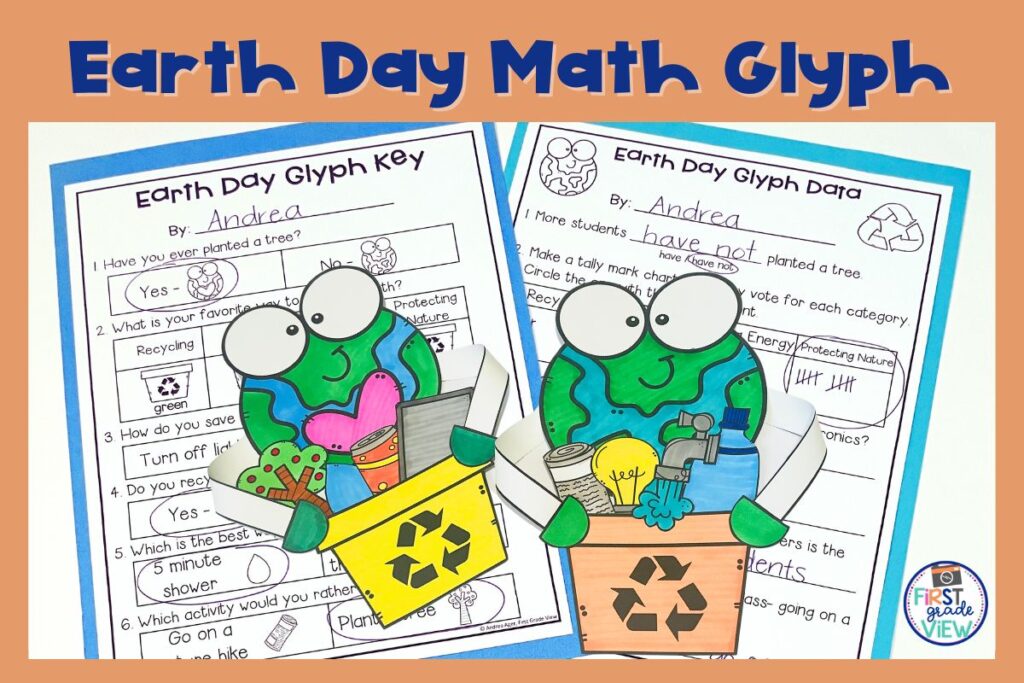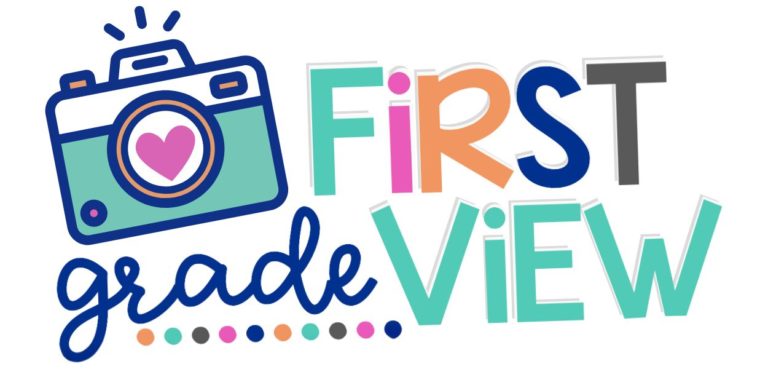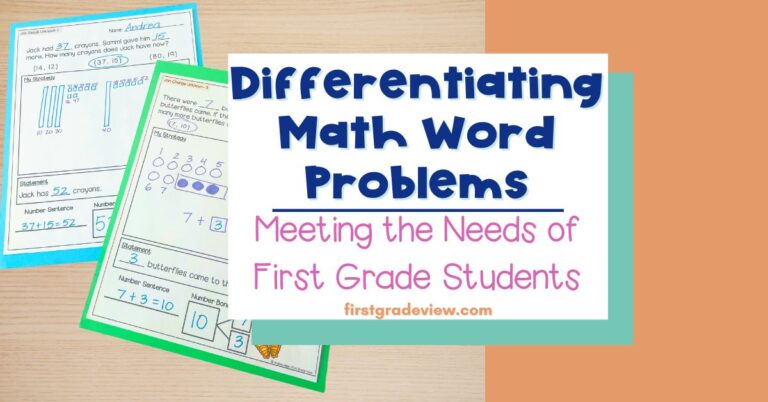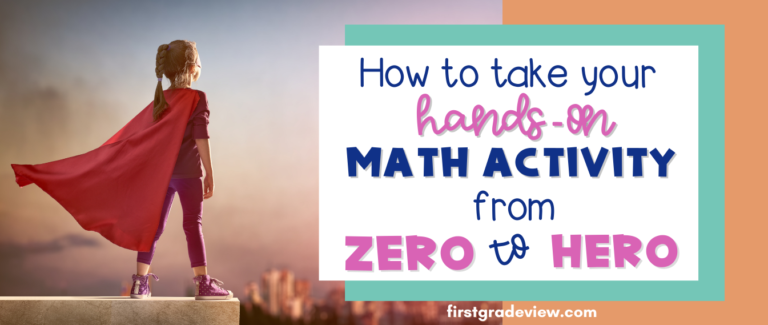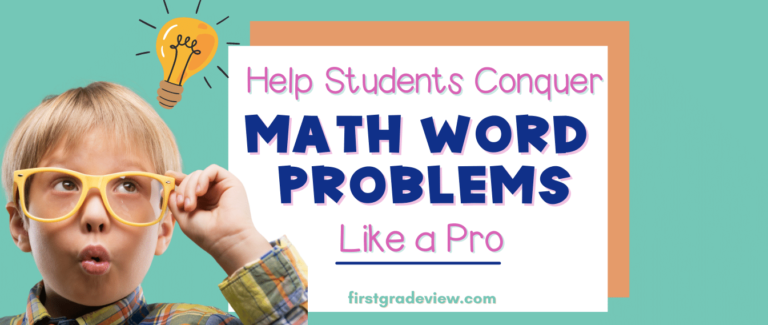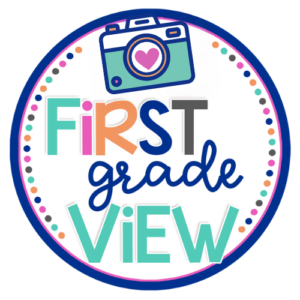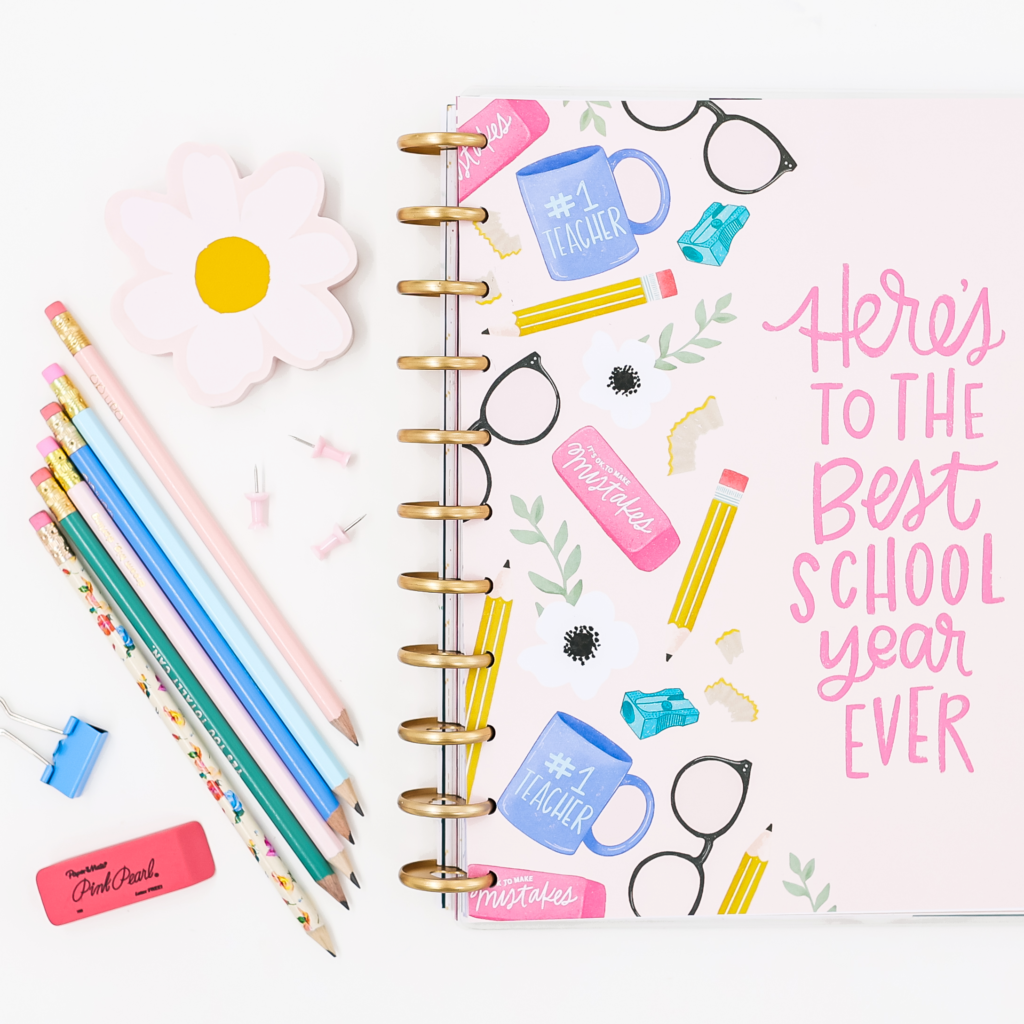Imagine this: It’s a cool spring morning, and your classroom is buzzing with excitement. As you sip your coffee, you ponder the day’s lesson, wanting to spark your students’ curiosity and ignite their love for learning. Then it hits you – math glyphs! These engaging activities aren’t just your average math exercises; they’re critical thinking activities that weave together numbers, creativity, and personal expression. Whether it’s Halloween, Thanksgiving, or a regular Tuesday, glyphs offer a great way to infuse joy and meaning into your math curriculum. So, are you ready to embark on a journey of math exploration with your students? Let’s dive in and discover the wonders of math glyphs together!
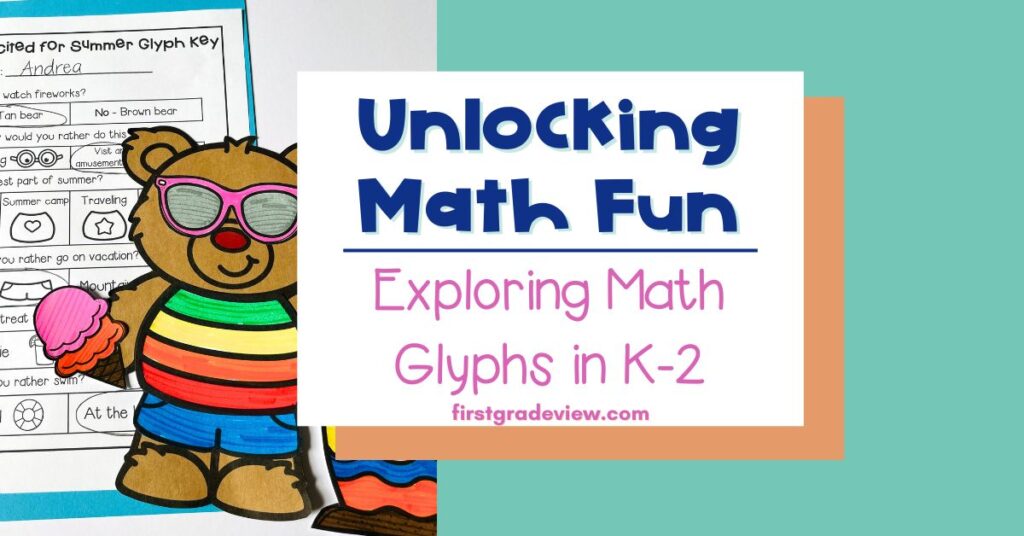
What Are Math Glyphs?
Glyphs are a type of pictograph and are a nonstandard way to collect, display, and interpret data. First, give students a key and have them answer a series of questions. Each time a question is answered, students get a corresponding piece of the math glyph. Once all the questions have been answered, students assemble their pieces to create their finished artwork. The details in their project provides information about the student who created the glyph. Students love getting to know one another and seeing the choices of their peers.
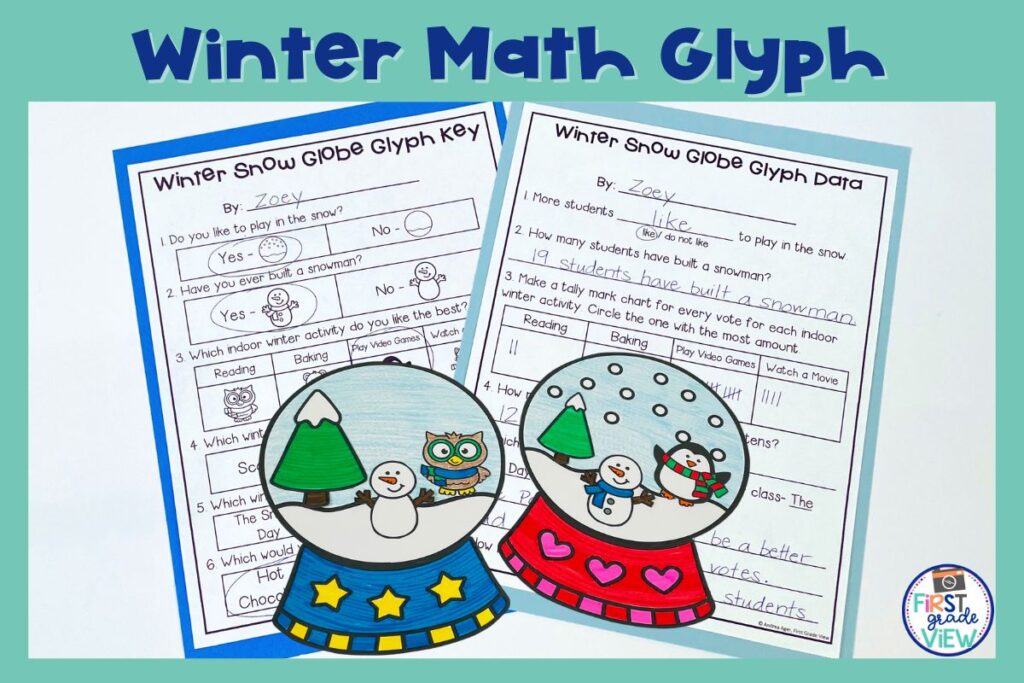
How To Implement Math Glyphs
One of the best parts about glyphs is that they are super easy to prep. First, decide on your topic. For example, during the month of February, you may want to ask students questions about Valentine’s Day. Next, provide students with a glyph key. Read the questions aloud and have students make their selections. Then the fun begins! Students assemble their corresponding pieces and create their finished glyph. But don’t stop there! Once everyone is finished, it’s time to analyze the data. Watch as your students share and interpret the data by comparing and contrasting their glyphs. Not only will your students be building their classroom community, but they will also be working on important math skills!
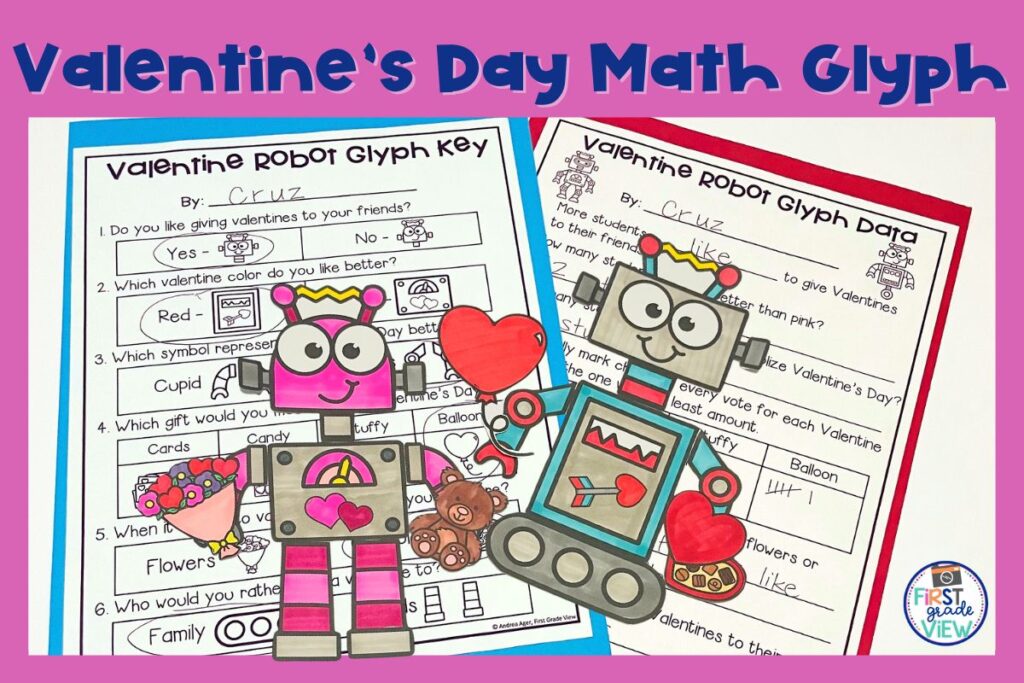
The Benefits of Math Glyphs
There are many benefits to using math glyphs in the classroom. A few highlights are:
- Students use various math skills such as counting, sorting, make tally marks, combine sets, measure, and make patterns.
- Students think critically by comparing and contrasting, reasoning, and drawing conclusions.
- Students engage in math data discussions.
- Glyphs build your classroom community as students explore each other’s interests.
- They can be used anytime of the year and are easy to prep.
- They also make the perfect math activity for those unplanned sub days!
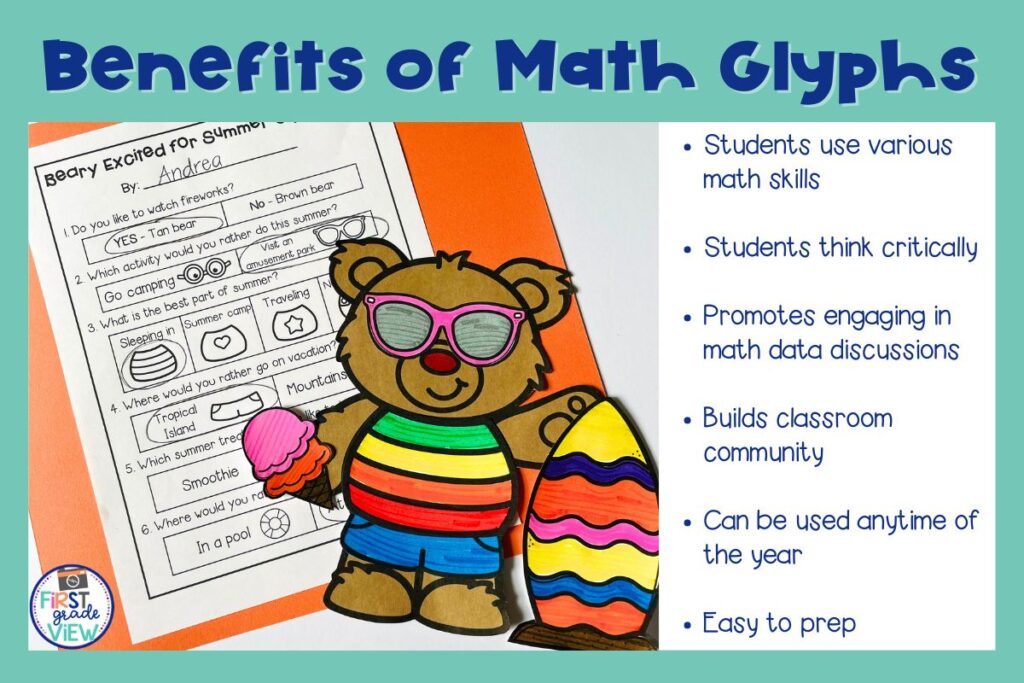
Incorporating math glyphs into your classroom routine can truly transform the learning experience for your students. These engaging activities not only reinforce mathematical concepts but also promote creativity, critical thinking, and collaboration. Whether you’re celebrating holidays, building classroom community, or tying glyphs to literature, the possibilities are endless. By integrating glyphs into your curriculum, you’re not just teaching math—you’re fostering a love for learning that will stay with your students for years to come. So, why wait? Start creating memorable math moments with glyphs today! Ready to dive into glyphs without the hassle of creating them from scratch? Check out my TpT store and discover some pre-made glyphs waiting for you to use in your classroom!
